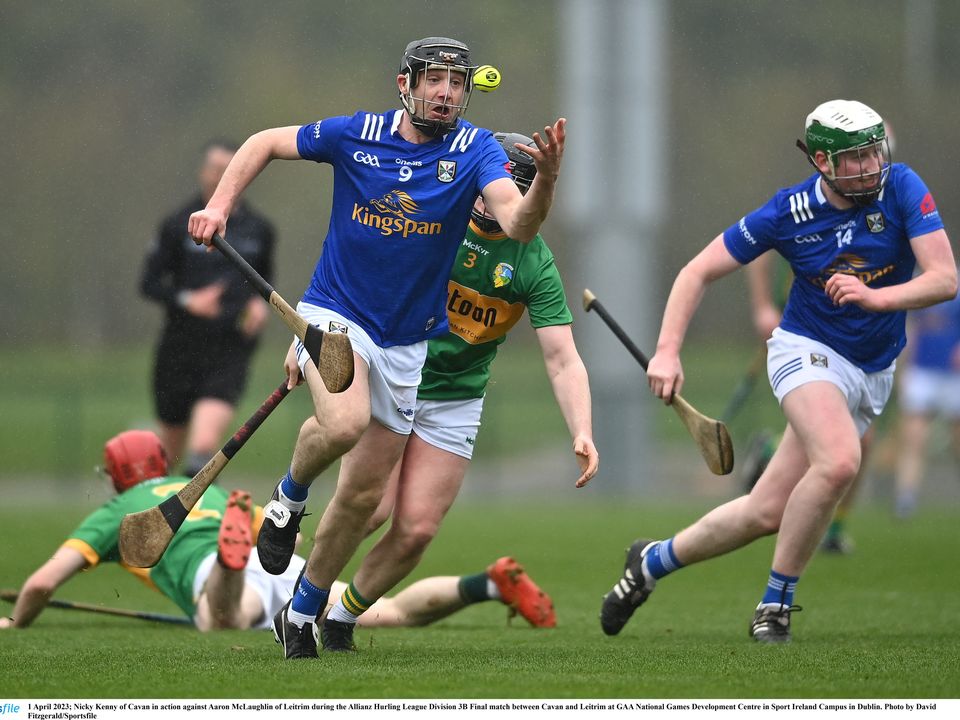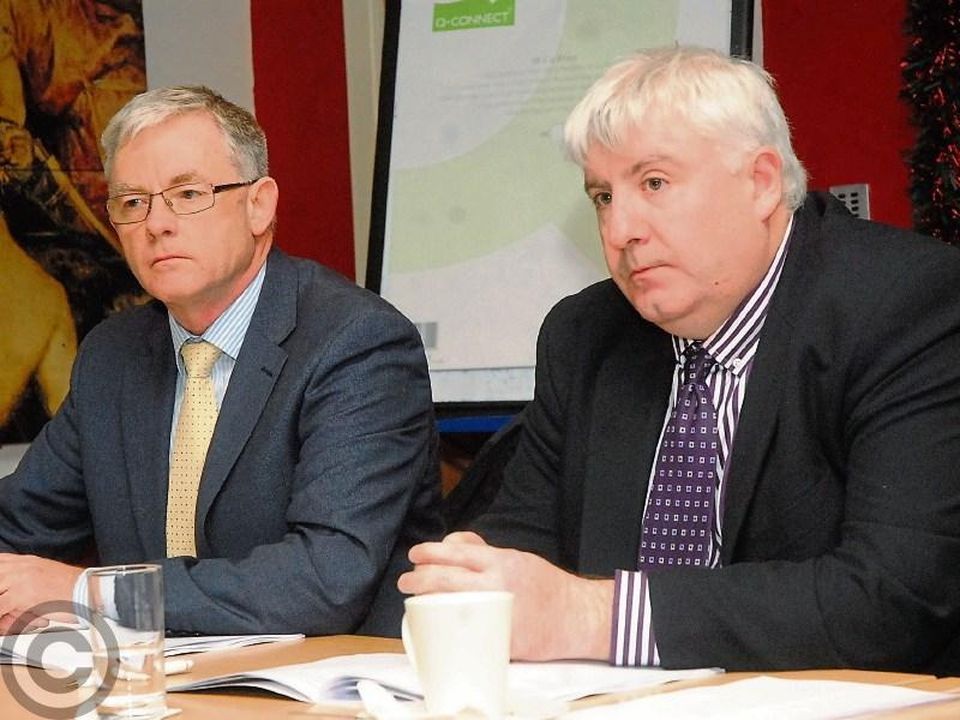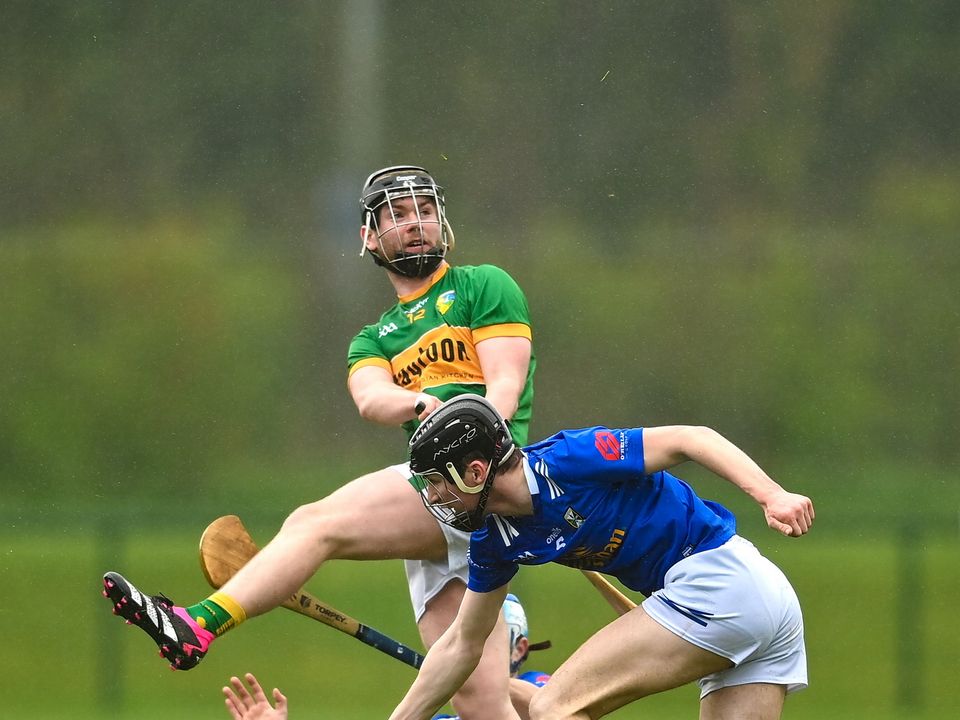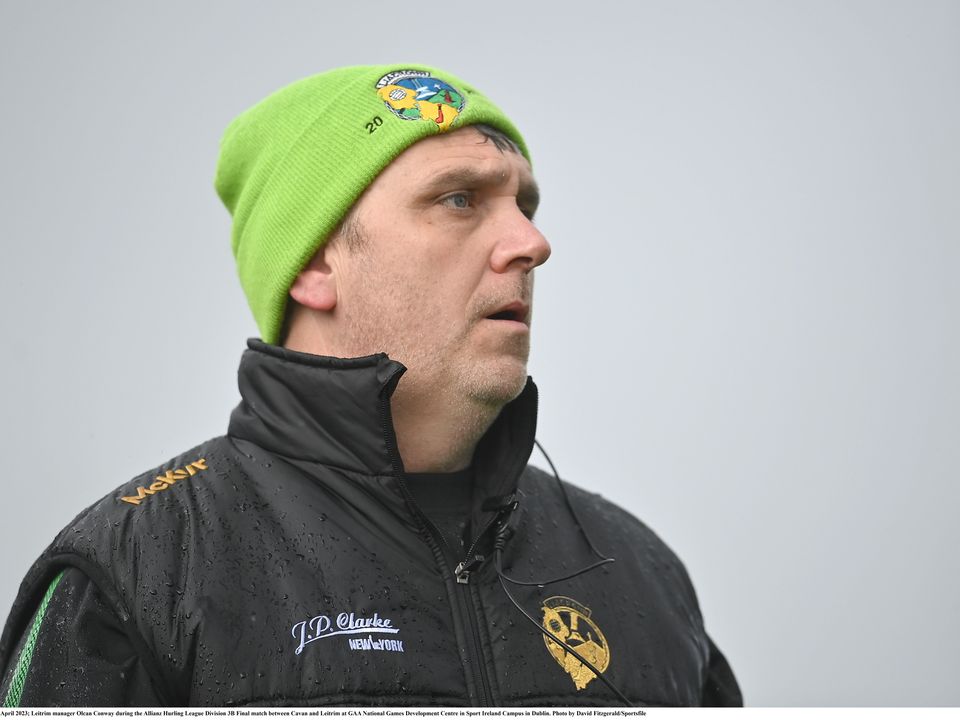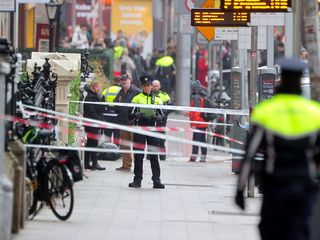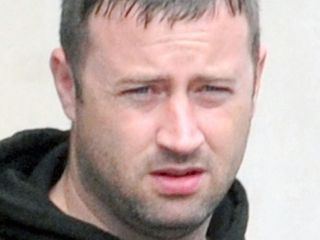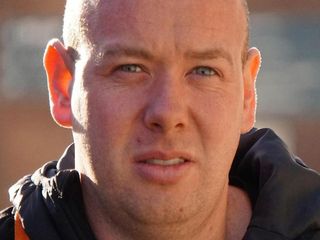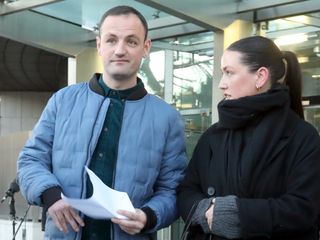Fears for the future of Leitrim GAA as costs continue to rise
Distribution of revenue needs urgent revamp by GAA, says County Board treasurer
Martin McCartin has been at the coalface keeping the Leitrim County Board financially viable for seven years. As the board’s treasurer, he has overseen a turnover increase from €700,00 to nearly €2m.
But he is fearful about the future.
“The Leitrim GAA project is unsustainable if Croke Park does not relook at how they distribute revenue to counties,” he says.
However, it is not just for financial reasons that he supports the controversial plan to drop five counties, including Leitrim, from the Allianz Hurling League from 2025.
“We are not anti-hurling. What we want to do is make hurling sustainable in the county. The biggest issue with the proposal is we only heard one side of the story.”
McCartin contends that the expenditure on their hurling team is unsustainable and represents poor value in terms of the development of the game in the county.
He suggests that given their meagre financial resources, Leitrim would be better off concentrating on growing the game at underage level.
“We identified this as a problem two or three years ago. We subsequently brought it to a couple of meetings. We were trying to reduce costs in different ways, but with the best will in the world, costs are very hard to control.”
In 2017, the Leitrim board spent in the region of €75,000 on the county senior hurling team. After accounting for grants and rebates from Croke Park, the net cost to the board was in the region of €30,000.
The hurling panel at the time comprised 21 or 22 players who trained twice a week during the season.
Read more
In 2023, the Leitrim board spent around €215,000 on the hurling team. After allowing for a €6,000 contribution from a sponsor, plus grants and rebates from Croke Park, the net cost to the board was €80,000.
The reason costs have gone through the roof is that, under a GPA/GAA agreement, county panels have expanded and the number of training sessions allowed has increased to three per week.
Food has to be provided after every training session as well as gear for the players, who are all entitled to claim a mileage allowance.
In Leitrim’s case, travelling expenses are a huge drain on financial resources as a significant percentage of their county players in both codes are based outside the county.
A Dublin-based player travelling to the Leitrim Centre of Excellence in Annaduff for three training sessions per week for 30 weeks is entitled to claim €6,652 in travelling expenses based on the current agreed GPA/GAA rate of 70 cents per mile.
This year, the board’s bill for players’ travelling expenses was €187,000. The net cost to the board was €110,00 because under a special deal negotiated with Croke Park — which also applies to Longford, Cavan, and Fermanagh — Croke Park reimburse 40 per cent of the cost (28 cents per mile). Croke Park reimburse the other counties 30 per cent (21 cents per mile) of their expenditure on players’ travelling expenses.
Even allowing for this dispensation McCartin reckons Leitrim’s bill for travelling expenses is probably twice the Dublin figure because virtually all their players are based in the city.
“For hurling to grow in Leitrim, we need more clubs on the ground. Croke Park have agreed to ring-fence the money saved (if the proposal to drop Leitrim, Longford, Louth, Fermanagh, and Cavan from the league goes through) for the promotion of hurling in the counties.
“It seems astronomical to be spending €215,000 on the senior hurling team when there are only two adult clubs in the county.”
The county senior final between Carrick and Cluainín, based around Manorhamilton in the northern end of the county, was the only adult hurling game played in Leitrim this year. The final realised gate receipts of €1,700. The gate receipts from the club football championship in 2023 were in the region of €140,000.
“I have been hearing arguments all week that we are trying to get rid of hurling in Leitrim. The opposite is the case. We are trying to promote hurling, but we believe the money we give to the game could be used in a more productive way.
“Martin Fogarty (former National Hurling Development manager) came out and put his nail to the mast on Leitrim hurling,” said McCartin.
“But his native Kilkenny do the exact opposite. They put all their resources into hurling and don’t field a football team at all. That seems to be OK with Martin, but it is not OK for Leitrim.
“Croke Park has given a commitment to employ a Games Development Administrator in Leitrim to promote hurling once the county comes up with a plan and brings it to them, provided the league proposal is passed.”
“We are concerned that if the proposal is rejected, this opportunity to get a GDA into the county, which we believe is essential if hurling is to grow, will be lost for at least four years as the coaching budgets are being agreed for that period.”
It remains to be seen whether delegates at the December meeting of Central Council will back the controversial proposal to axe the five counties from the league.
Regardless of the outcome, the Leitrim board, together with other smaller boards based in the midlands and west of Ireland, face an uncertain financial future.
McCartin believes Leitrim will even have to consider withdrawing from football’s Tailteann Cup unless Croke Park overhaul the distribution of its revenue.
“This new competition, which was supposed to help the weaker counties, is actually putting them under more financial pressure because of the way it is structured. It is the equivalent of being involved in an All-Ireland semi-final.
“The Tailteann Cup has added between eight and nine weeks to our season. It costs about €15,000 a week to run a county team, but we are only getting €40,000 in return. So it is not hard to work out that we won’t stay in business for too long if this continues.
“I have made this argument both at county board level and national level — that if counties like Leitrim are obliged to support the GPA/GAA agreements in terms of paying 70 cents per mile in travelling expenses and the other elements in the deal, we will not be competing in the Tailteann Cup within a couple of years.”
The GPA no longer allow county boards to negotiate directly with their own players to try to find ways to save money.
McCartin, who is a former treasurer of the Connacht Council, is hopeful that the debate about the hurling league will kick off a much wider discussion about how Croke Park distribute funds to the counties.
He points out that despite the much heralded revamp of the GAA’s coaching budget Leitrim will not fare any better.
Under the new model, there is a provision for a clawback of €40,000 in each county’s allocation — with these funds being directed towards national projects. So, instead of getting €266,000 Leitrim will receive €226,000. “This is where we were at prior to the new scheme,” he says.
In contrast, the €40,000 clawback will scarcely put a dent in Dublin’s allocation of €1.2m.
A potentially bigger financial tsunami is the proposed integration of the GAA with the LGFA and the Camogie Association and the new charter for inter-county female footballers and camogie players. The financial implications of these deals for county boards have yet to be spelt out.
The Leitrim County Board remains financially solvent as a result of three separate fundraising initiatives. The Supporters Club, which has been in existence since 1986, raises the bulk of its funds through an annual draw, which is supported by the clubs, and it contributed €87,853 this year.
A 50-mile challenge project launched during Covid realised €168,895 in 2023, while a newly established Patrons Club, which was specially set up to promote football, contributed €120,000.
“Without these contributions, together with a once-off Covid grant of €94,500 from Croke Park, we would be showing a deficit in the region of €200,000 this year. We are relying on the goodwill of our supporters to contribute to these fund venture projects. Otherwise, we would face serious financial issues.
“Croke Park recognise there is a problem, but they seem reluctant to do anything about it. So the madness just goes on with everybody burying their heads in the sand.”


